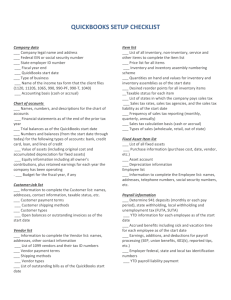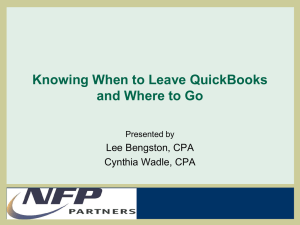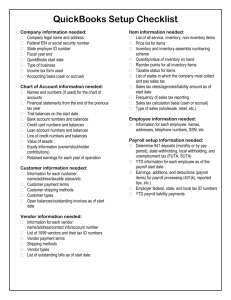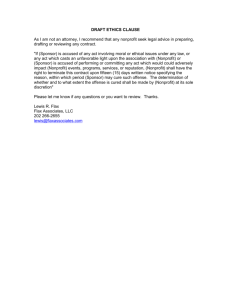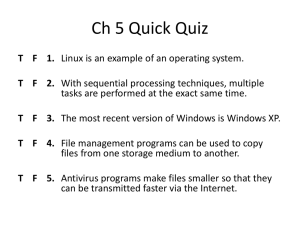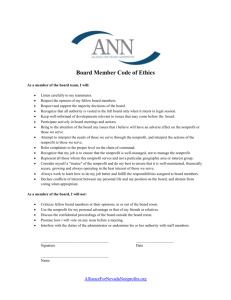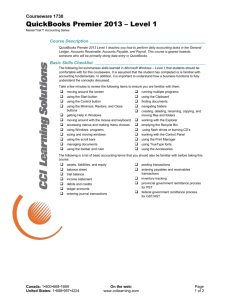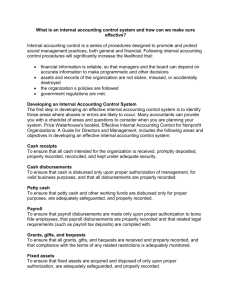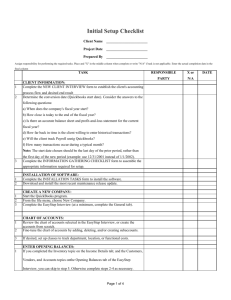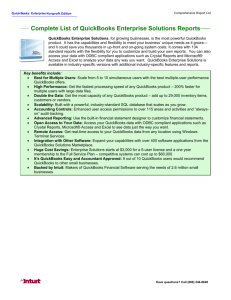Open Source Accounting - Is It For You?
advertisement
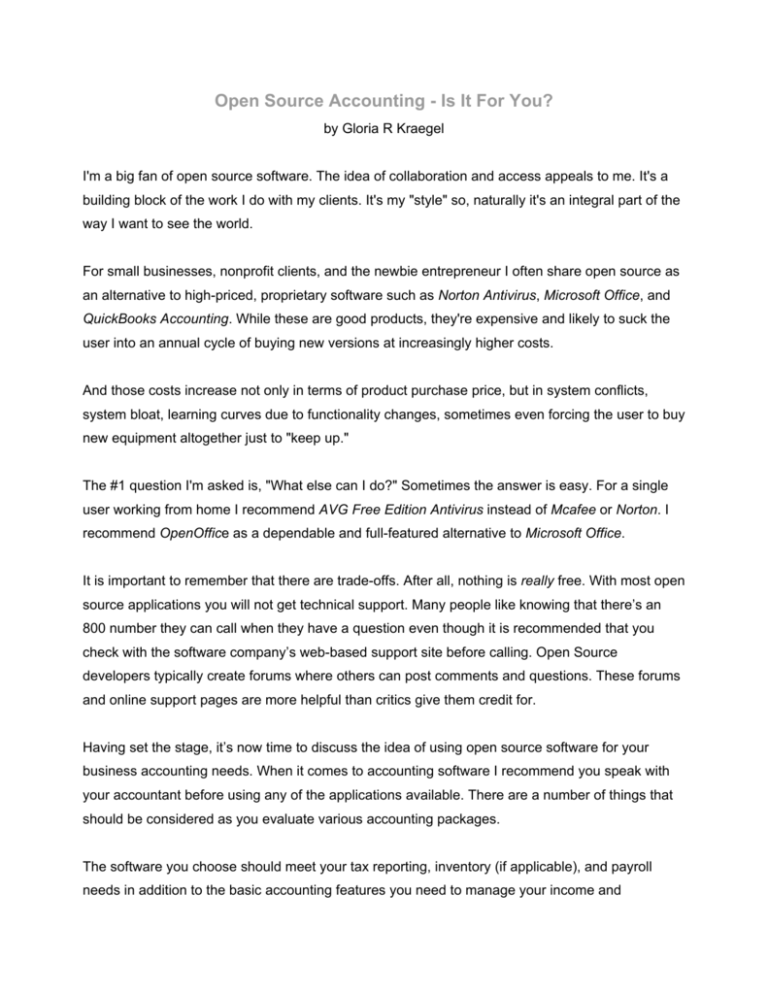
Open Source Accounting - Is It For You? by Gloria R Kraegel I'm a big fan of open source software. The idea of collaboration and access appeals to me. It's a building block of the work I do with my clients. It's my "style" so, naturally it's an integral part of the way I want to see the world. For small businesses, nonprofit clients, and the newbie entrepreneur I often share open source as an alternative to high-priced, proprietary software such as Norton Antivirus, Microsoft Office, and QuickBooks Accounting. While these are good products, they're expensive and likely to suck the user into an annual cycle of buying new versions at increasingly higher costs. And those costs increase not only in terms of product purchase price, but in system conflicts, system bloat, learning curves due to functionality changes, sometimes even forcing the user to buy new equipment altogether just to "keep up." The #1 question I'm asked is, "What else can I do?" Sometimes the answer is easy. For a single user working from home I recommend AVG Free Edition Antivirus instead of Mcafee or Norton. I recommend OpenOffice as a dependable and full-featured alternative to Microsoft Office. It is important to remember that there are trade-offs. After all, nothing is really free. With most open source applications you will not get technical support. Many people like knowing that there’s an 800 number they can call when they have a question even though it is recommended that you check with the software company’s web-based support site before calling. Open Source developers typically create forums where others can post comments and questions. These forums and online support pages are more helpful than critics give them credit for. Having set the stage, it’s now time to discuss the idea of using open source software for your business accounting needs. When it comes to accounting software I recommend you speak with your accountant before using any of the applications available. There are a number of things that should be considered as you evaluate various accounting packages. The software you choose should meet your tax reporting, inventory (if applicable), and payroll needs in addition to the basic accounting features you need to manage your income and expenses. Answering the following questions will help you identify what you need in an accounting application: • What type of business do you have? For example, are you a consultant that works from a home office or have you formed a nonprofit organization or are you a retail store with several employees? Identifying the type and capacity of your business will help determine if you need inventory management capabilities or a specialized accounting package for your industry. • How many employees do you have? Will you be outsourcing payroll or doing it in-house? This determines whether you need a full-featured payroll component in the software you choose. • Do you manage inventory? Some accounting applications do not feature inventory management. • Do you bid on jobs and submit estimates? If this is something you do then a feature that allows you to convert estimates to invoices and allow for progress billing would be valuable. • Who will do the bookkeeping? If you do not have the skills, but don't have a bookkeeper you would want accounting software that is easy to use. Answering the "what I do" questions are an important first step to choosing the best software for your business. Other considerations before purchasing accounting software are: • Is the software you are thinking of buying compatible with your computer operating system? Let's face it, not all software works well on all computers. If you have Vista on your PC and you purchase a copy of QuickBooks 2006 from ebay you'll run into compatibility problems. • Is the accounting software you are considering able to handle your current data? Compatibility also means you can import or update your old data to the new software. • Will the accounting program grow with your business? Can you upgrade or get additional components at a discounted rate? Remember, while many business owners are reluctant to try open source accounting software because of a perceived lack of technical support many of these applications have a fairly robust help section or access to online support materials to guide you through the features and functions of the software. My experience has been most users need bookkeeping and accounting support, which the software company, regardless of which one you choose, does not offer. Having said all of that, here are three of the most popular open source accounting packages available. Note that the product descriptions are from the company websites. • OSAS Open Source Accounting Suite - OSAS is award-winning accounting software for Windows, Linux, UNIX and Mac users. Churches, charities, and small corporations can use OSAS. The main features of this product include separation of duties, General Ledger Accounting, Cost Center Accounting, Budgeting, Donation Accounting and Reporting. • GnuCash Financial Accounting Software - GnuCash is personal and small-business financialaccounting software, freely licensed under the GNU GPL and available for GNU/Linux, BSD, Solaris, Mac OS X and Microsoft Windows. Designed to be easy to use, yet powerful and flexible, GnuCash allows you to track bank accounts, stocks, income and expenses. As quick and intuitive to use as a checkbook register, it is based on professional accounting principles to ensure balanced books and accurate reports • Grisbi Personal Accounting - Grisbi is a personal accounting application running under GNU/Linux and Windows, released under the General Public License. Grisbi can manage multiple accounts, currencies and users. It manages third party, expenditure and receipt categories, as well as budgetary lines, financial years, and other information that makes it quite adapted for associations (except those that require double entry accounting). Gloria Kraegel is a nonprofit consultant providing consulting, training, and information resources to nonprofit organizations. For more information and additional resources visit http://www.greatkreations.com/
